Jan Georg Plavec grew up in Tettnang by Lake Constance, went to Stuttgart to study and got ‘stuck’ there because there was no reason to leave again. Today he writes for the Stuttgarter Zeitung – mainly about data – and manages digital projects. Fortunately that leaves enough freedom to make music with his band Hawelka, if Corona allows it. Jan Georg Plavec is married and has a daughter. Whenever possible he goes out with his wife and of course there is the music: making it, listening, … these are his favourite activities. He is 36 years old.
Where and how did you grow up?
As the child of two ‘newcomers’ in the tranquil town of Tettnang. My father comes from near Vienna, my mother from the Frankfurt area. In retrospect that was exciting because there are many long term residents living in Tettnang who maintain their traditions and language, etc. This is all part of my identity and my youth was really very nice – but it was also okay to move a little further away to study.
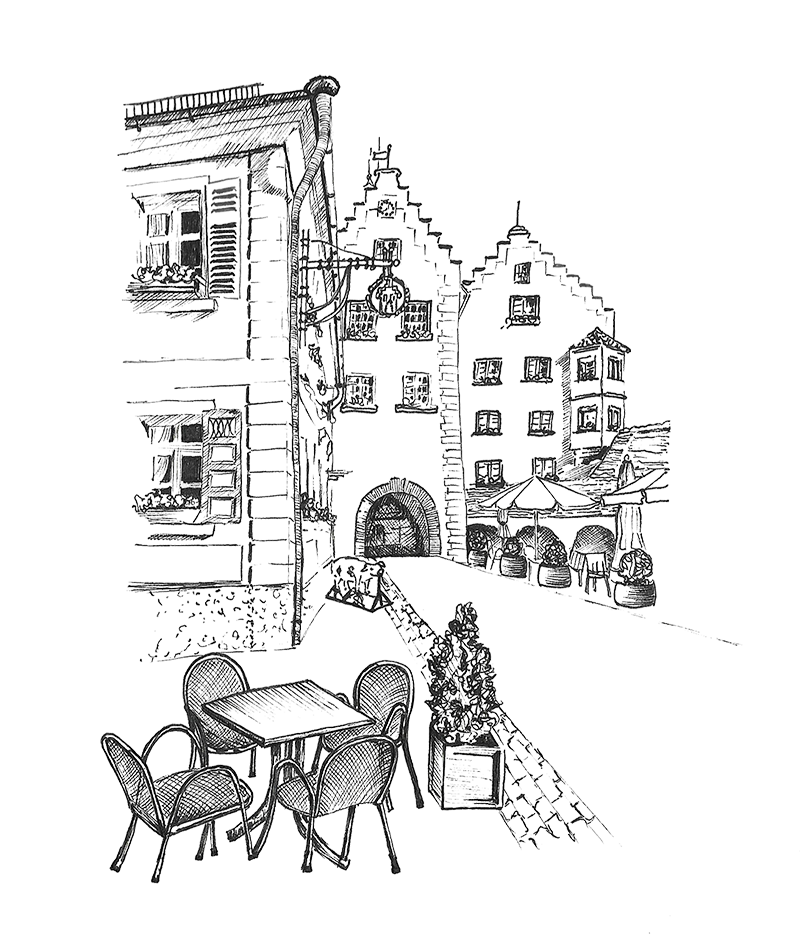
Could you describe your professional background?
Music and journalism have shaped me since my teenage years. I wrote my first text for the newspaper at 14 and took my first piano lesson at six. That’s basically how it continued. With my job at the Stuttgarter Zeitung, I was able to grow into a fulfilling activity.
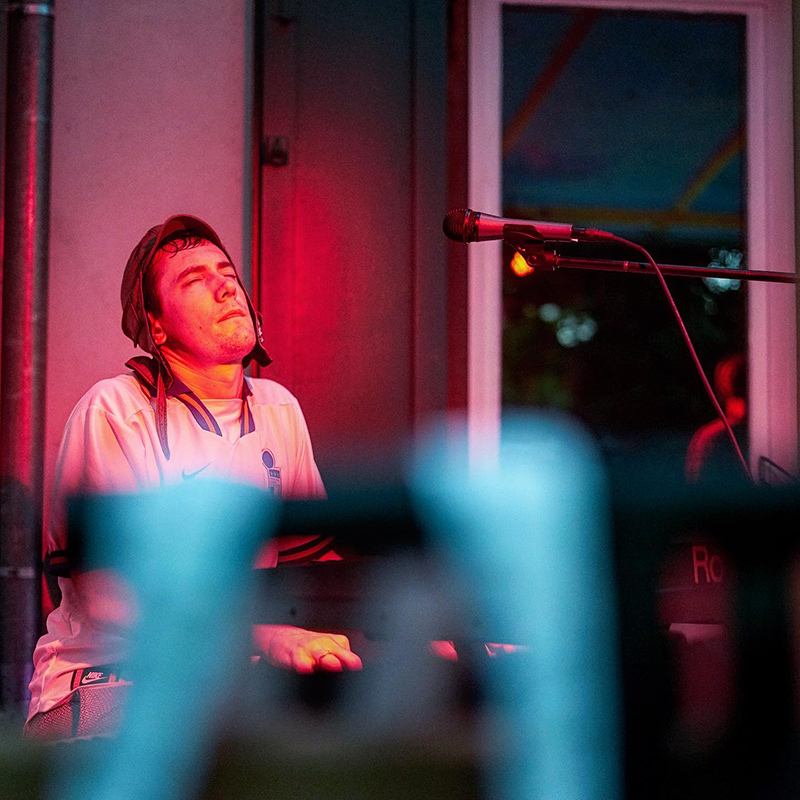
Were there certain events or stages that were formative for your career?
At 14: the huge boredom in the holidays which I never wanted to experience again like that. After that I became very active.
At 20: the newspaper seminar at the University of Hohenheim where I met my first mentor Bruno Bienzle – at that time head of the local section at the Stuttgarter Nachrichten. He ultimately put me in touch with the Pressehaus.
At 23: when I met my wife in Brussels – we were both interns, I was in the EU Parliament at the time.
At 35: when I defended my dissertation after five years, I wrote it alongside my job.
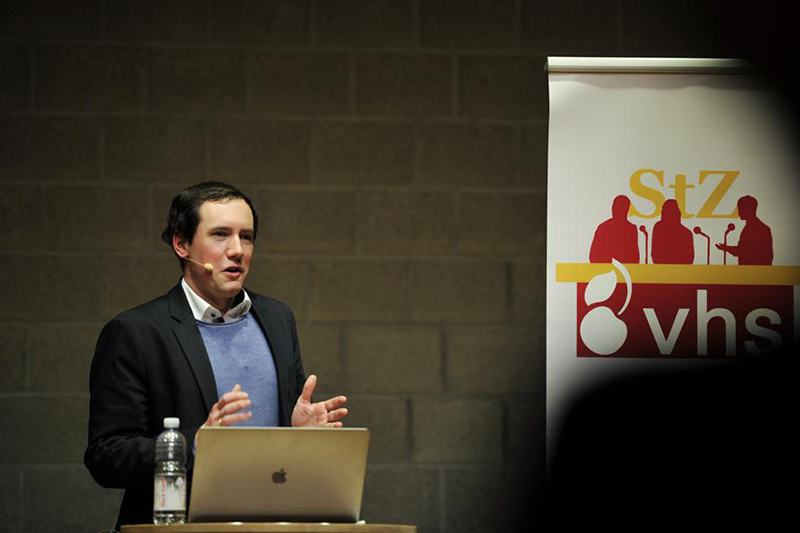
Does what you are currently doing fulfil you?
Fortunately yes. I can largely choose the topics I write about. I make the music I want and live with the people I love. What could be more beautiful?
What or who inspires you in everyday life?
New things. New thoughts when I read the Mercury or the New Yorker. New music that I stumble across thanks to friends or by coincidence. And it’s worth stopping and looking around on the street every now and then. You almost always discover something.
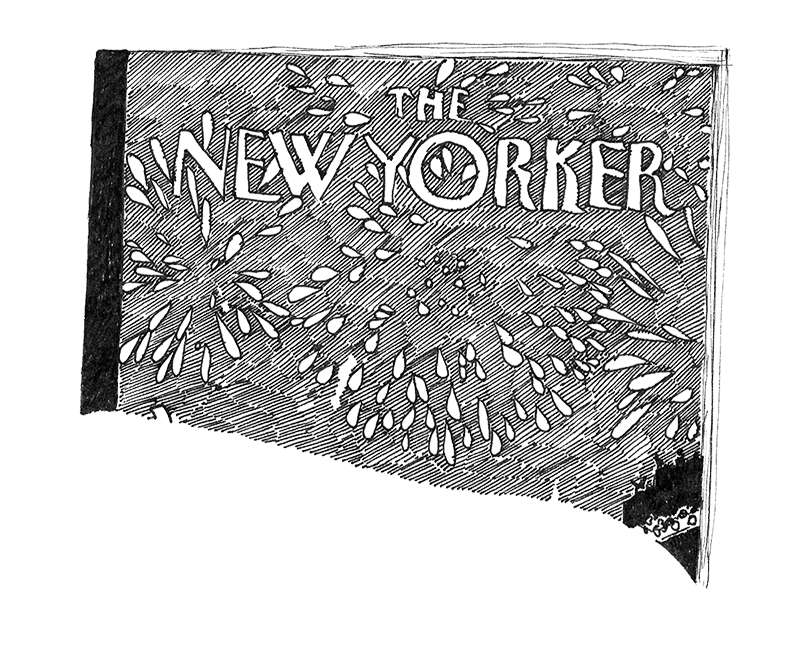
What or who gives you strength and energy in everyday life?
Unexpected events motivate me. When something takes a turn for the better, when something turns out unexpectedly well or someone formulates a surprising thought. Also a good band rehearsal or a good concert.
There are ‘magic moments’ when everything seems to fit. Moments that fulfil, inspire and give strength. Moments that confirm that the effort is worthwhile and that what you do is meaningful and valuable. Have you already experienced such moments in relation to your own activities?
I truly always feel it in the actual moment, and it reverberates. Moments like that always give me a kick inside, they make me happy. For example when we finished the song ‘Astronaut’ with Hawelka. It was only available as a bad mobile phone recording from the rehearsal room, but it sounded so finished, so powerful – I listened to it over and over again.
Do you actively do something for it, so that such ‘magic’ moments can happen?
As uninspired as it sounds, it’s worth working on things constantly. When we write a song, rebuild it, rearrange it, instrument it differently – it’s hard work. It prepares however the magic moment. But you have to let yourself go at the right moment. You know how everything has to work. You know your parts and those of the others. And then you let the music unfold its power.
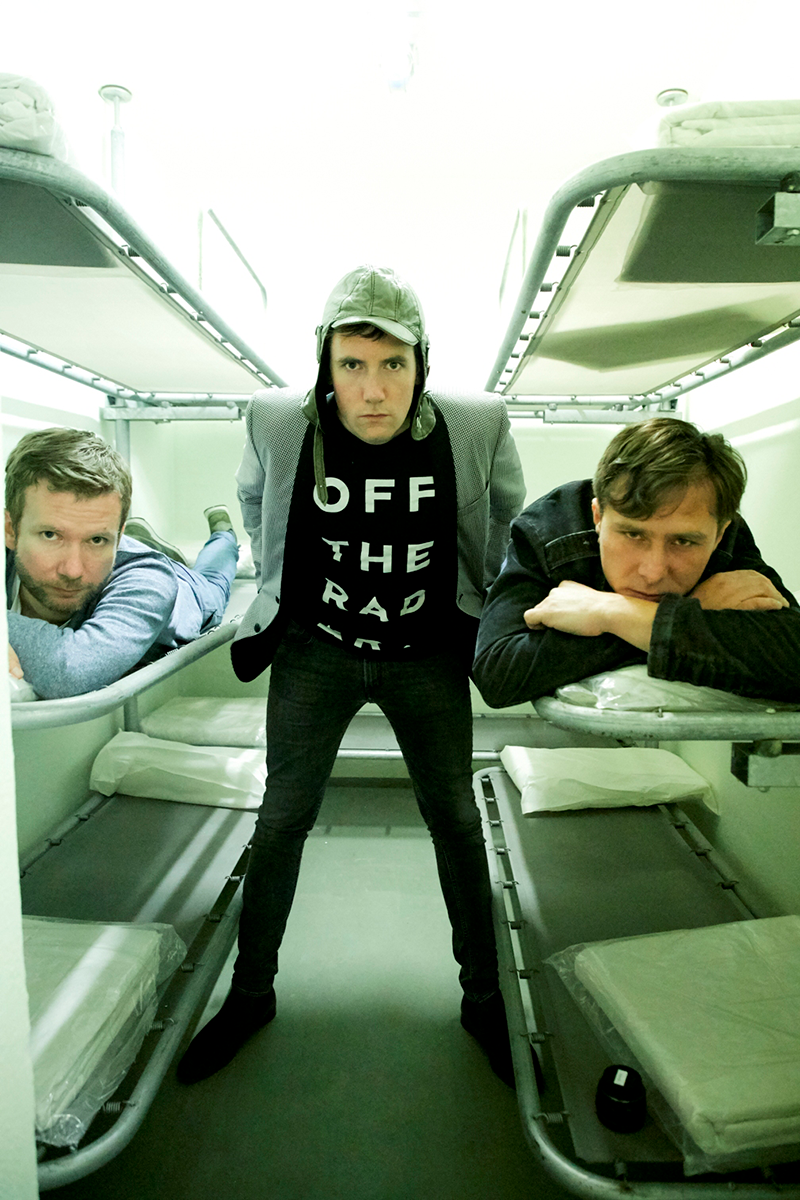
Are there moments when you doubt what you are doing?
Not really. I always try to achieve what I want – until it’s obvious if I can do it or not. If you give it your all, the result might still be disappointing, but you can accept it.
In retrospect, can you find something positive in difficult moments?
In such moments you often ask yourself the right questions – because the answers will help you later.
Is there anything you would do differently in retrospect?
Actually no. Until now I have always done everything for things that are important to me. That doesn’t mean I’ve always done everything right. But I am satisfied with what I have done.
Do you want to contribute to society with your activities?
I studied communication science and became a journalist to improve the public debate – in the sense that all available and relevant information should become known and on this basis everyone can take their best stance or make the best decision.
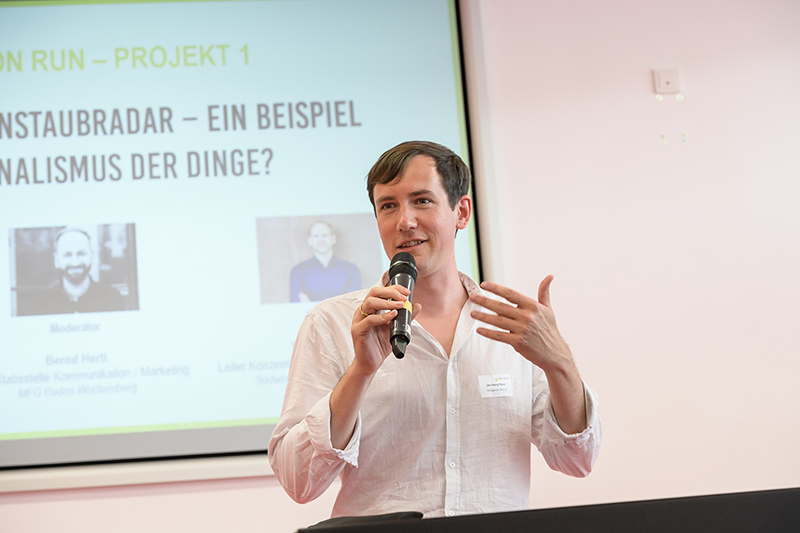
Is the recognition of other people or the public important to you?
I guess hardly anyone would say yes to that. If I’m honest it does mean something to me. At least if as a journalist you do something in public and for the public. Then that is also the frame of reference within which you measure your own ‘success’.
How well can you live from what you do professionally?
I can live so well from the editor’s job that I don’t have to be able to live from the music at all. That is a very positive state of affairs.
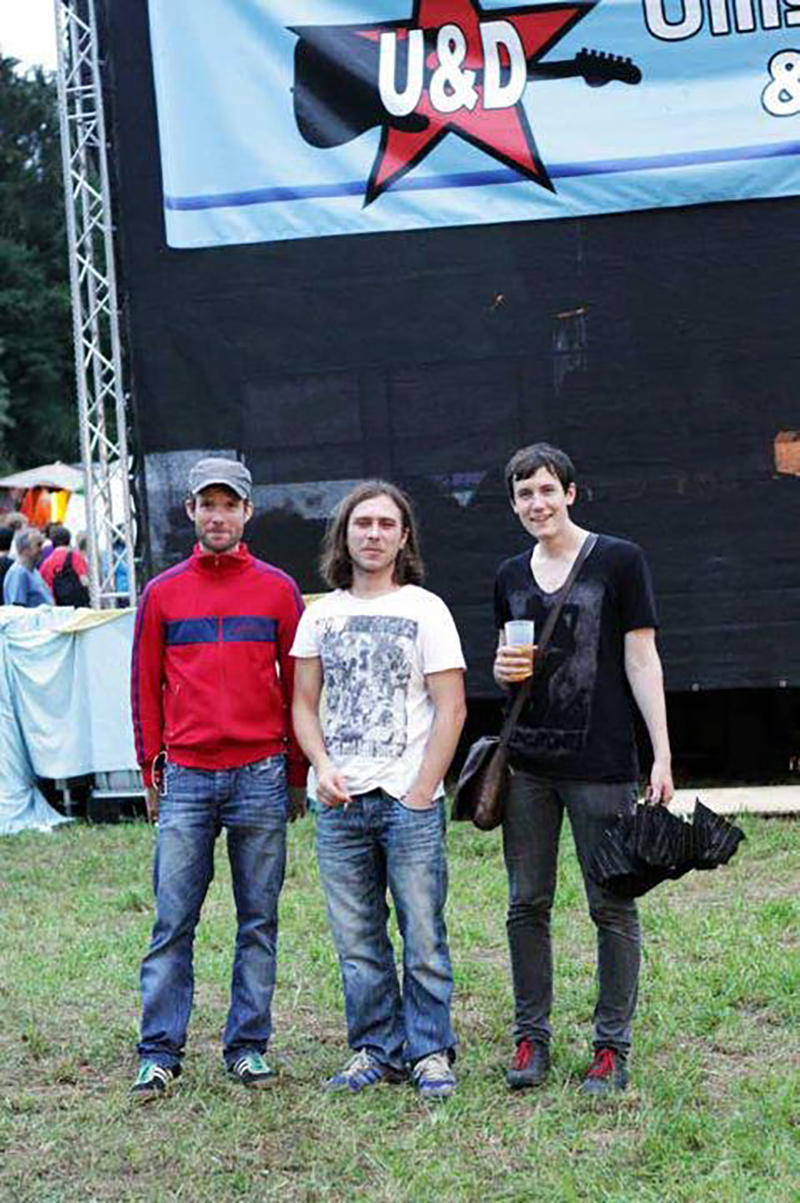
Is there something that is particularly occupying you at the moment?
The division of society, to which parts of the academic ‘elites’ unfortunately contribute just as much as those who fall for populists, conspiracy theorists and others.
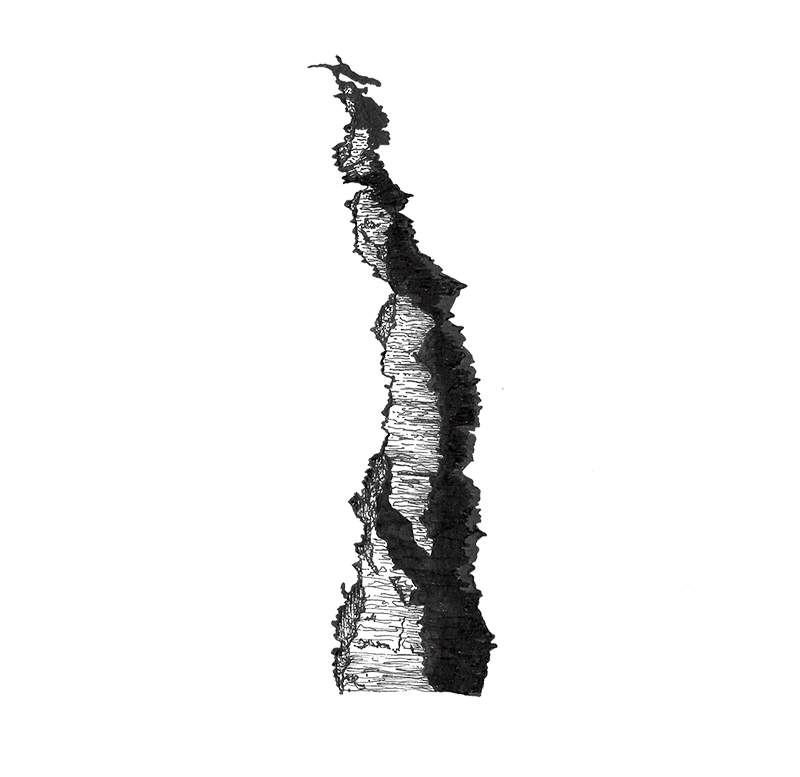
What are you most grateful for in life?
That I was allowed (or had to) learn an instrument so early. Music is one of the most beautiful things in life.
Interview
Laura Hilti, June 2021
Illustrations
Stefani Andersen
Links
www.hawelka-band.de
Credits
Portrait photo: Armin Kübler, www.gig-blog.net
All other photos: Jan Georg Plavec
This interview is part of the project ‘Magic Moments’ by Kunstverein Schichtwechsel, in which people are interviewed about their careers, activities and their magical as well as difficult moments.
Curated by Stefani Andersen and Laura Hilti, Kunstverein Schichtwechsel.
Supported by Kulturstiftung Liechtenstein and Stiftung Fürstl. Kommerzienrat Guido Feger.
>>> All interviews
